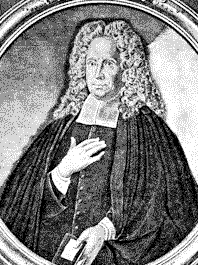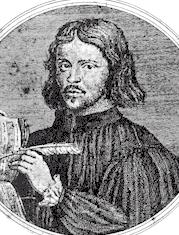Giacomo Carissimi
2 sound cassettes.
Psalms from the Ainsworth Psalter (1612) : in celebration of the 350th anniversary of the landing of the Pilgrims.
Psalm 108 : O God mine hart it is prepared stedfastly ;
Psalm 3 : How many my distressers bee, O Jah ;
Psalm 136 : Confess Jehovah thankfully ;
Psalm 15 : Jehovah who shal sojourner in thy pavillion bee ;
Psalm 24 : The earth is Jehovah's and the plenteousness of it ;
Psalm 21 : Jehovah, in thy strength the King shal joyful bee ;
Psalm 23 : Jehovah feedeth me, I shal not lack ;
Psalm 34 : In all time bless the Lord will I ;
Psalm 100 : Showt to Jehovah, al the earth --
Jephthah / Giacomo Carissimi --
Mass in C minor KV 427 (417a) / WA
Mozart. The New England Conservatory Chorus ;
members of The New England Conservatory Orchestra ;
Lorna Cooke de Varon, conductor .
Recorded in Jordan Hall.
The New England Conservatory Chorus winter concert : December 9, 1970 at 8:30 pm
| Author: | Lorna Cooke De Varon ; Henry Ainsworth ; Giacomo Carissimi ; Wolfgang Amadeus Mozart ; New England Conservatory Chorus. ; All authors |
|---|---|
| Edition/Format: | |
| Database: | WorldCat |
| Rating: | |
| Subjects | |
| More like this |




.jpg)

























